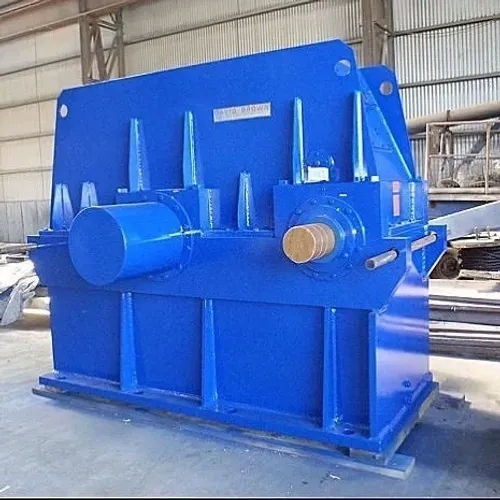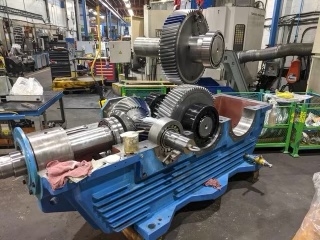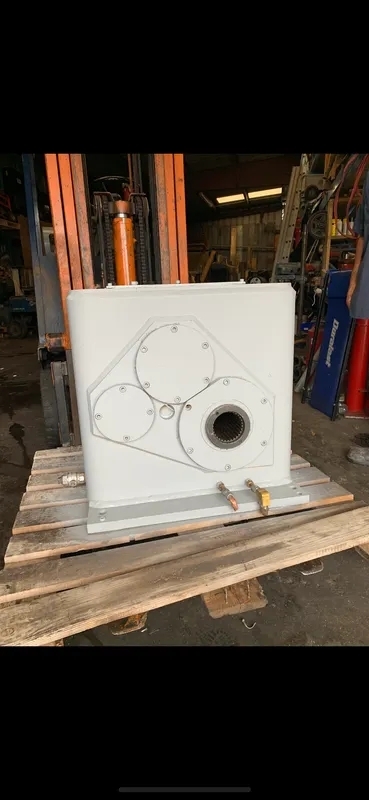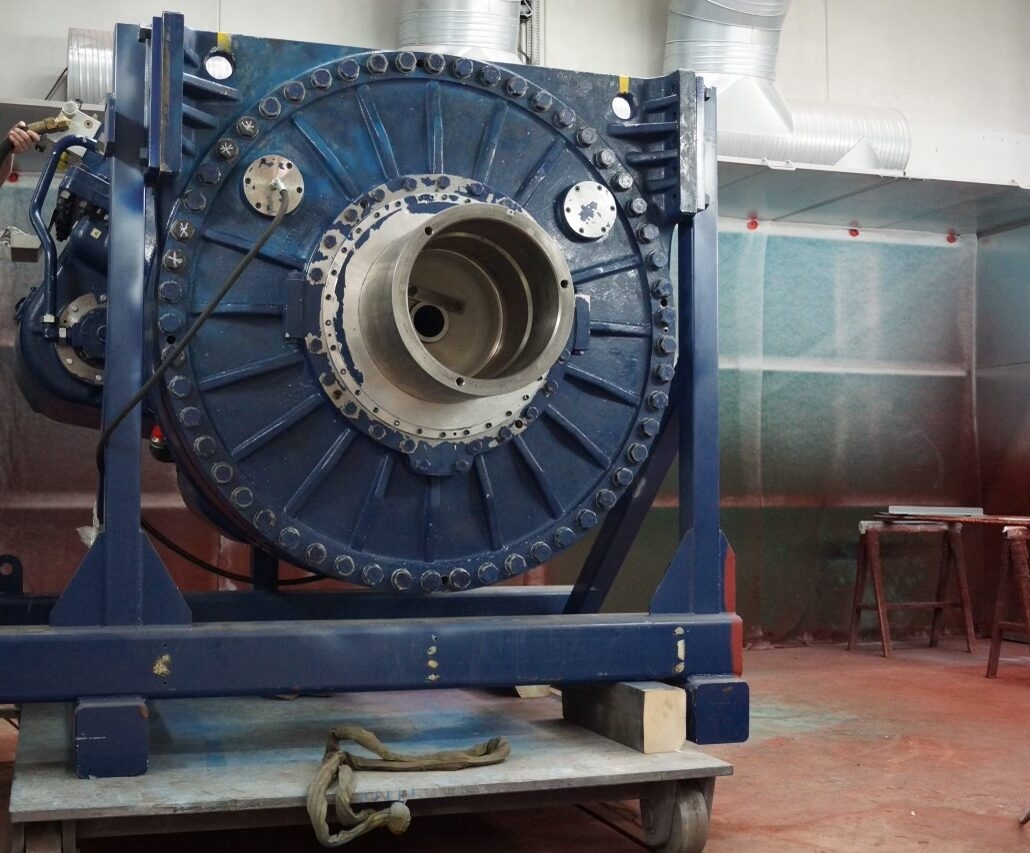Oil Filtration System Optimization
How can the efficiency of an oil filtration system be improved?
The efficiency of an oil filtration system can be improved by ensuring proper maintenance of the system, including regular cleaning and inspection of the filters. Additionally, using high-quality filters that are designed to capture smaller particles can help improve the overall performance of the system. Implementing a regular schedule for filter replacement and monitoring the pressure drop across the filter can also help optimize the efficiency of the filtration system.







